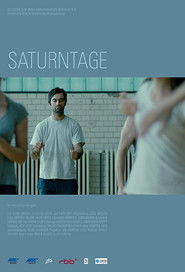detail profile julischka eichel
Peran Yang Di Mainkan Julischka Eichel
 ZONE is a melodrama about a...
ZONE is a melodrama about a...Zone 2024
ZONE is a melodrama about a girl with paranormal abilities who fights against a system that tries to calculate and completely record people in a hermetically sealed area. In a time torn from chronology the rebel sets off with a bundle of hope in search of counterspaces and a life that feels like her own. Time and space collapse into each other. A country can be experienced through the pain, sadness and desire of its inhabitants.
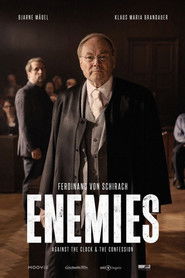 Veteran defense attorney Konrad Biegler accepts...
Veteran defense attorney Konrad Biegler accepts...Enemies: The Confession 2021
Veteran defense attorney Konrad Biegler accepts the defense of a man accused of kidnapping a young girl. At the trial he must face the tenacious police inspector Peter Nadler.
 Veteran defense attorney Konrad Biegler and...
Veteran defense attorney Konrad Biegler and...Ferdinand von Schirach: Feinde – Der Prozess 2021
Veteran defense attorney Konrad Biegler and tenacious police inspector Peter Nadler face off in the trial of a man accused of kidnapping a young girl. (Abridged version of Enemies: Against the Clock and Enemies: The Confession, focusing on the ins and outs of the judicial process.)
 This is a story set in...
This is a story set in...Hurensöhne: A Requiem 2020
This is a story set in the distant past, in the seventeenth century, during the Thirty Years’ War. In the city of Nordhausen, in the Harz Mountains, life is cheap, and the prevailing class divisions and interpersonal relations increasingly intense. The children are taken away from their parents by force, and when they return after many years, they seem to be strangers to them. Yet this is also a story set in modern times where people are still incapable of learning the lessons left for them by the previous generations of cruel divisions. The film is a cinematic experiment dealing with the beauty, fragility, and imperfection of human nature through archetypes and myths.
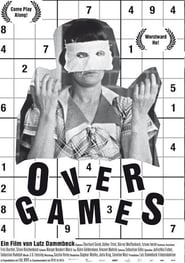 On a talkshow actor and German...
On a talkshow actor and German...Overgames 2016
On a talkshow, actor and German TV ikon Joachim Fuchsberger recalls how the games for his show "Nur nicht nervös werden" (Don't Get Nervous), first broadcast on West German TV in 1960, were developed along the lines of American psychiatry. Asked "So how many crazy people watched you?", he responded: "A whole crazy, psychologically disturbed nation". Why were the Germans or to be more precise, the West Germans, a psychologically disturbed nation at that time? This is a film about cheerful and serious games, therapies for re-education and self-imposed re-education, as well as the history of the idea of permanent revolution. Those appearing include directors and producers of gameshows, psychiatrists, anthropologists, and the diversely paranoid.
 A love triangle forms between postEnlightenment...
A love triangle forms between postEnlightenment...Beloved Sisters 2014
A love triangle forms between post-Enlightenment writer Friedrich Schiller and two sisters -- one who became his wife, and the other, his biographer.
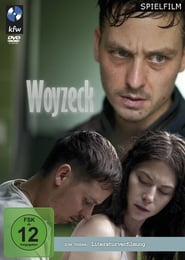 Woyzeck takes psychotropic drugs and punishes...
Woyzeck takes psychotropic drugs and punishes...The Tragedy of a Simple Man 2013
Woyzeck takes psychotropic drugs and punishes himself physically. He has no choice. It's his living. With what he earns selling his body and by working in a restaurant and in subway tunnels, he just about makes ends meet. Coming home to his wife Marie and his infant child, he’s an impotent wreck -- and definitely unable to afford the earrings he sees Marie wearing one day. She’s frustrated and the jewelry is a gift from the local pimp. Woyzeck wasn't supposed to find out. But he has. Plagued by voices, he loses his already weak grip on reality. He retreats into the tunnels with Marie and the baby. There Woyzeck is the master of life and death.
 Eternal daydreamer Mel cant wait to...
Eternal daydreamer Mel cant wait to...My Friend from Faro 2008
Eternal daydreamer Mel can't wait to quit her sucky catering job and fly to her dream destination: Portugal. Things change when the beautiful Jenny literally crashes into her life when Mel nearly runs her over in her classic BMW. It is love at first sight, however there is just one problem: Jenny mistakenly assumes Mel to be a boy. Despite this, the pair become boyfriend and girlfriend. With Mel attempting to disguise her true gender at every turn, her journey from tomboy to out lesbian is fraught with life-defining dilemmas and sweet surprises.
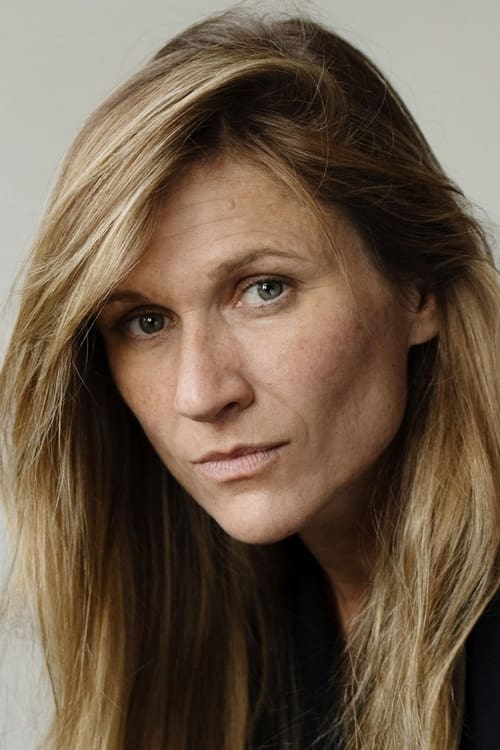



 Without warning a father comes to...
Without warning a father comes to...